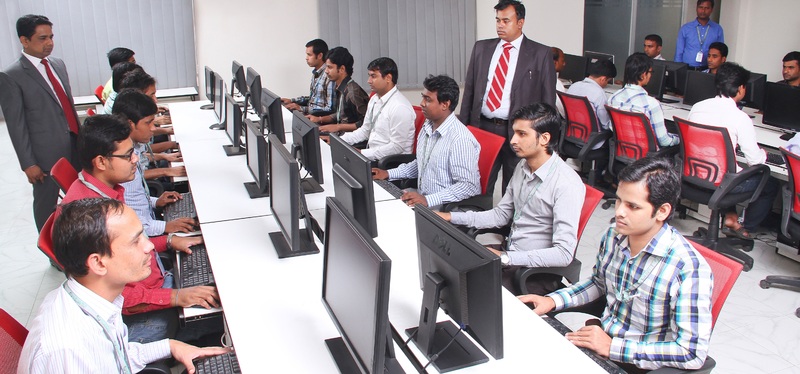Fairness or being fair is by far, one of the most basic and universally acknowledged values. However, fairness not being practiced as a value is more common than you would think.
The biggest challenge with ensuring fairness is it not being tangible. You cannot implement dictionary definition of fairness to each unique situation in the same way. Fairness is understood more along the lines of “my version of fairness is different to your version of fairness”.
Fairness should be second nature to all of us, but we don’t realise when some actions aren’t necessarily fair
While everyone agrees for the need to be fair, rarely are there structures and processes built around ensuring fairness at work. Ideally, fairness should be second nature to all of us, but we don’t realise when some actions aren’t necessarily fair.
With Fairness, Everyone Has a Chance to Succeed
Fairness plays a critical role and is the key component to building trust and psychological safety within an organisation. Fairness in processes, in decisions and in leadership action(s) provides employees with a mental relief and confidence that their interests and future is secure, and they don’t need to focus on anything other than doing great work to be successful.
Performance Management Processes (PMP) have been a topic of concern and dissatisfaction for employees all over the world, across businesses and cultures. These processes have been contentious not because the process itself wasn’t fair, but because everyone’s perception of fairness is different.
Fairness plays a critical role and is the key component to building trust and psychological safety within an organisation
In most cases, this dissatisfaction drives from the fact that instead of focusing on the core purpose of the PMP – “To become aware on how you are performing, to understand your areas of improvement and to work on it to become a better version of yourself”, employees focus more on figuring out why one of their peers received a higher performance rating as compared to them.
If PMPs were created with a focus on enabling all employees to improve their individual performance and become successful at their jobs, they would be much more flexible, customised and involve a lot more of interactions (discussions, coaching and mentoring, etc.) between the employee and their leaders. This would ensure better understanding of the process, and a continued focus on becoming a better version of oneself. Such processes would then feel fair to everyone – not because we measured everyone with the same yardstick, but because we all strive to enable everyone to be successful.
When “Perceived Fairness” is High, Employee Experience is at Its Best
Employee experience is another key component that gets influenced heavily by the feeling and perception of fairness among employees. I keep saying ‘Perceived Fairness’ because many times, fairness gets confused with documented processes or policies within an organisation.
While fair documented policies and processes are table stakes today, employee experience isn’t a factor of how fairly these are documented. Employee experience is based on:
- How various leaders and stakeholders interpret these policies and processes,
- How they make decisions?
- How inclusive leaders and stakeholders are and how empathetic the leadership of any organisation is or willing to be?
Employee perception of fairness is built over time based on multiple experiences they have while working at an organisation, some being:
- Whether Performance Management is done fairly or not
- How grievances are handled, how change is being managed
- How an organisation treats their people, do they believe in “People over Processes”, and do they practice the same or not
- Is leadership open to ideas and feedback, and are they willing to make changes and roll-back decisions for the right reasons
All of these factors have an indelible impact on the “Perception of Fairness” among employees in an organisation which is a key component of the employee experience in any organisation.
Needless to say, in organisations where fairness or as I like to call it “Perceived Fairness” is high, trust, psychological safety, and engagement is at its best. This creates an incredible employee experience leading to high levels of employee satisfaction. High levels of employee satisfaction leads to high performance, eventually helping build a high performing organisation.

Saurabh Singhvi
Guest contributor Saurabh Singhvi is the Director of Operations at Cimpress India, a group of 15 most innovative mass customisation e-commerce businesses in the world, operating in 25 countries with a vast product range, automated manufacturing capabilities, and over US$2 billion in revenue. Any opinions expressed in this article are strictly that of the author.












